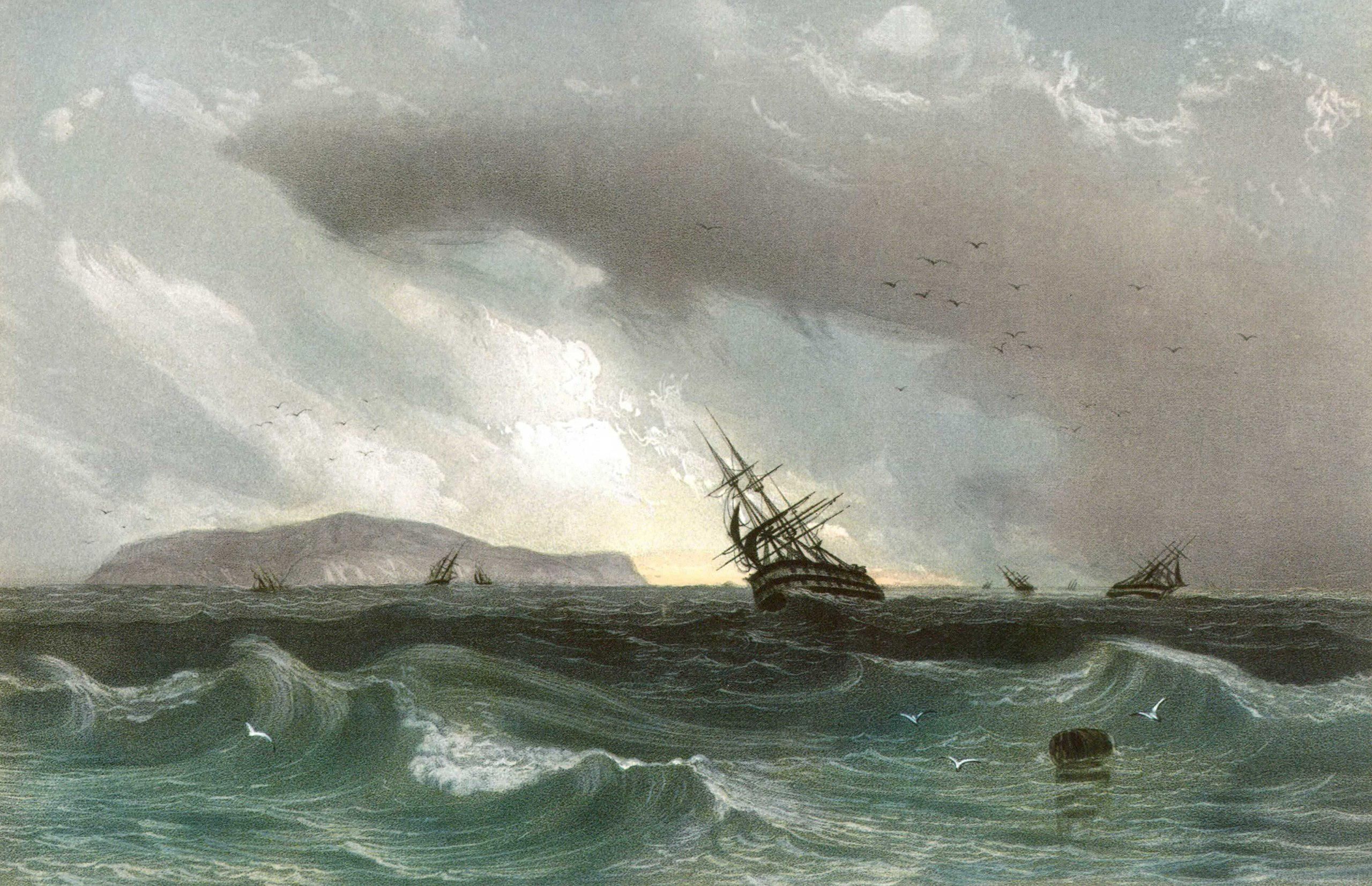One of the most important battles raging in the Russia-Ukraine war is over Snake Island, a tiny, craggy, uninhabited speck of land in the Black Sea, off the southwestern coast of Ukraine.
If Snake Island sounds familiar, that’s because you are either part of an Achilles cult (more about that below) or because it’s where, in the first days of the war, Ukrainian troops famously responded to a Russian demand to surrender with the radio message: “Russian Warship, Go F**k yourself.”
Although those words became an early battle cry of support for Ukraine on social media, the Russians still managed to take tenuous control over the island. The Ukrainians have been vying to make it impossible for them to stay there ever since.
Why? Because Snake Island is a small rock with big significance. If Putin’s army is able to set up long-range air defenses and other military supplies there, it would cripple Kyiv’s ability to defend the entire southwestern coast, including Odesa, Ukraine’s largest port.
But Russian control over Snake Island is also a problem for the rest of us. Moscow is using it to help support a naval blockade against Ukraine that keeps vital exports of grain and cooking oils from reaching the rest of the world.
With global food prices rising, the UN has already warned that war-related disruptions of Ukrainian food exports could help push close to 2 billion people closer to starvation.
Now, about Achilles — Snake Island was known to the ancient world as the mythical site of a temple to the Trojan War hero. Some writers claim he was buried there.
As we all know, Achilles had a legendary weak heel. Some 2,000 years later, will Snake Island be the small vulnerability that has a big impact on one side or the other in today’s war?
More For You
For many in Iran, it’s a waiting game for how long Ayatollah Khamenei has left to live.
Most Popular
In a 30-minute call on Thursday, President Donald Trump reportedly told Ukrainian President Volodymyr Zelensky he wants to end the war with Russia as soon as possible — aiming for a deal by summer, but ideally within weeks.
Former British ambassador to the U.S. Peter Mandelson leaves his residence after he was released following his arrest by London police on Monday on suspicion of misconduct in public office, following the release of U.S. Justice Department files linked to the late financier and convicted sex offender Jeffrey Epstein, in London, Britain, February 26, 2026.
The ghost of Jeffrey Epstein continues to haunt the world.
Think you know what's going on around the world? Here's your chance to prove it.
